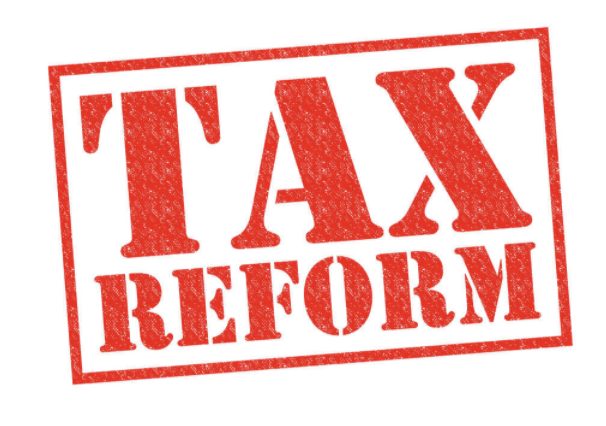
Statewide leaders have amped up the conversation surrounding the state individual income tax.
Governor Tate Reeves released his Executive Budget Recommendations for the FY 2022 budget and members of the Mississippi House of Representatives have said comprehensive reform is on the table.

“An individual with a taxable income of $40,000 would save $1,850.00 per year with the income tax eliminated. States that have taken this bold step have been rewarded with a windfall of economic growth,” said Reeves in his Executive Budget proposal. He also moved to eliminate the 5% income tax by 2030.
Reeves added that in light of the current pandemic it was imperative for Mississippi to make bold moves to attract businesses and residents. He believes eliminating the individual income tax will do just that while also allowing small businesses to grow.
The NFIB backed the idea Monday, tweeting, “Roughly 65% of small biz owners file their income taxes as individuals. This would certainly help stimulate the small biz economy in MS!”
Roughly 65% of small biz owners file their income taxes as individuals. This would certainly help stimulate the small biz economy in MS! #msleg https://t.co/CiHQ5zYqHP
— NFIB Mississippi (@nfib_ms) November 16, 2020
Speaker of the House Philip Gunn who has been one at the forefront of tax reform said the House hopes to see changes come in the 2021 Legislative session.
“Comprehensive tax reform is something I have been very vocal about for the last few years,” said Gunn. “We’ve been very out-front with the fact that we believe that is the way to go.”

He added that doing away with the 4% tax bracket, which would be the next $5,000 level of income, would be best done in a phase out approach. This is a model that has been pushed for in the past.
Four years ago, a hearing was held with the Tax Foundation in Washington D.C. to talk about best tax policies. Gunn said they recommend not taxing productivity, which is income, and utilizing a tax on sales and use tax as much as possible.
Gunn’s plan from a few sessions back would have been to drop the 4% bracket by 1% over a four year period. Ultimately, individuals would no longer be taxed on the first $10,000 of taxable income. He said that may still be a model used moving forward.
However, he said tackling the 5% tax bracket is a larger challenge, as it is a larger sum.
The Speaker said the questions members are asking themselves now are how to absorb the impact doing away with individual income tax would create.
Currently, the individual income tax makes up roughly a third of our state’s revenue, around $2 billion this fiscal year. The corporate tax is well below that at $480 million.
“How do you make up for that income? Do you find alternatives, do you cut somewhere, do you do a combination of both,” said Gunn. “That will be what we work towards figuring out.”
Gunn said other members of the House are on board with the comprehensive review and the changes that could bring. He said he has mentioned this agenda item to Lt. Governor Delbert Hosemann and Senators, and impressed upon them that it is a priority for the House.
“There’s a lot of conversation about that at the Capitol. A lot of states don’t have an income tax. We would have to make up that revenue we will lose if we get rid of it,” said Rep. Scott Bounds. “But, I think we can do that.”

Bounds added that within that look at a comprehensive tax reform you could see the tweaking of brackets and possibility of a flat tax.
Movement was made to lighten the load for individuals in 2016 with Senate Bill 2858. That legislation began the phase out of the 3% income taxation on the first $5,000 of taxable income. That phase out will be completed in FY 2022, which is also when Governor Reeves said it would be time to begin the 4% over five years.











